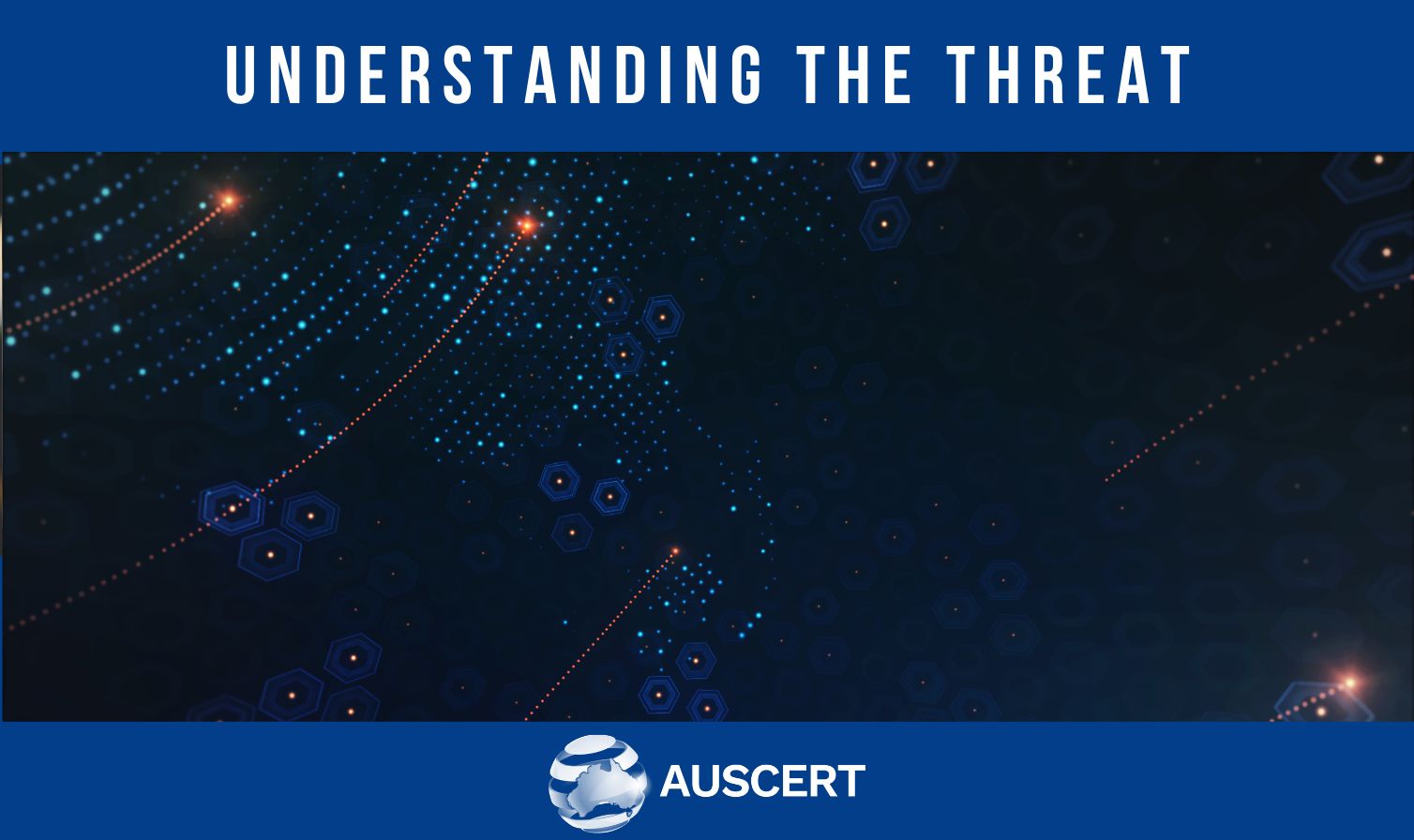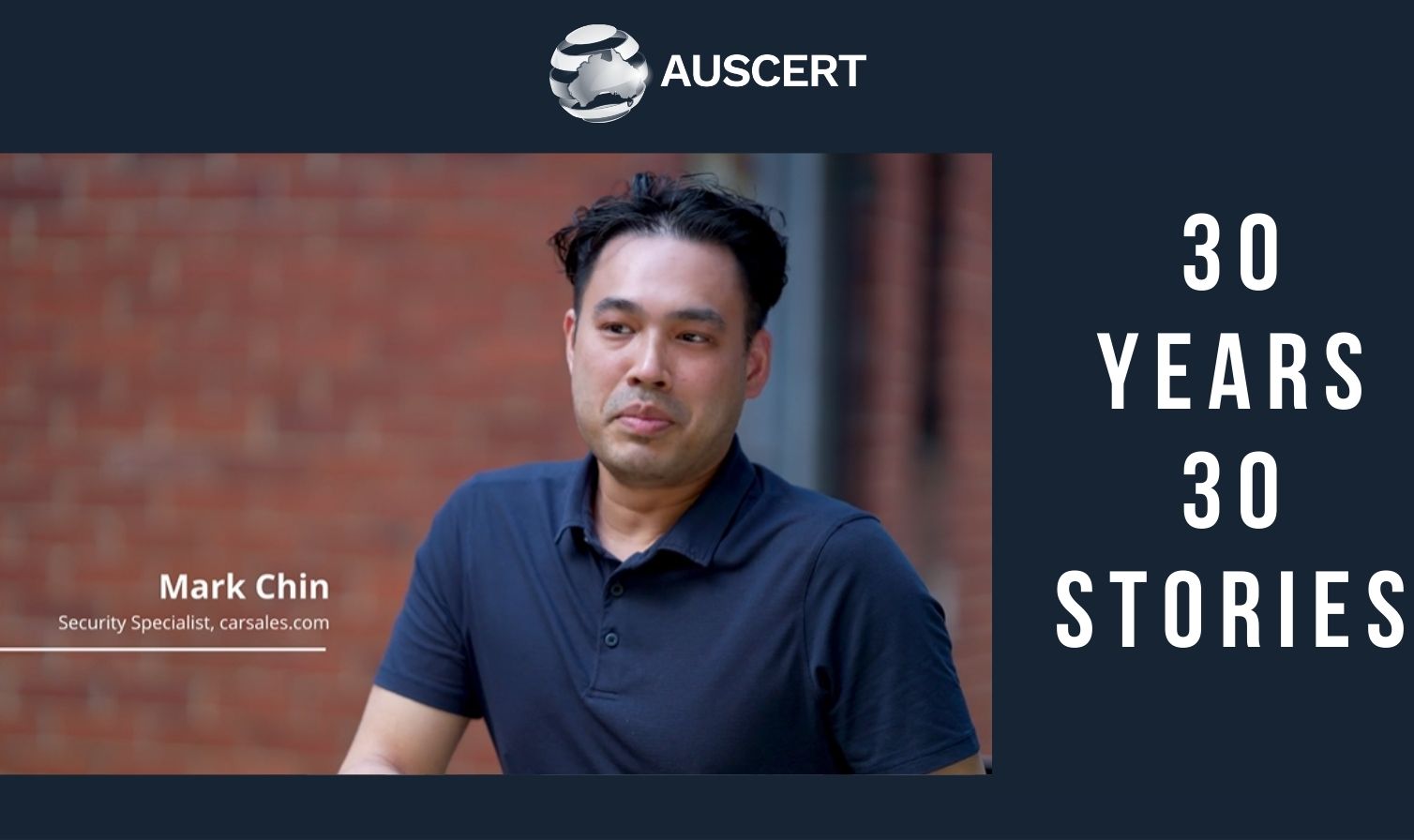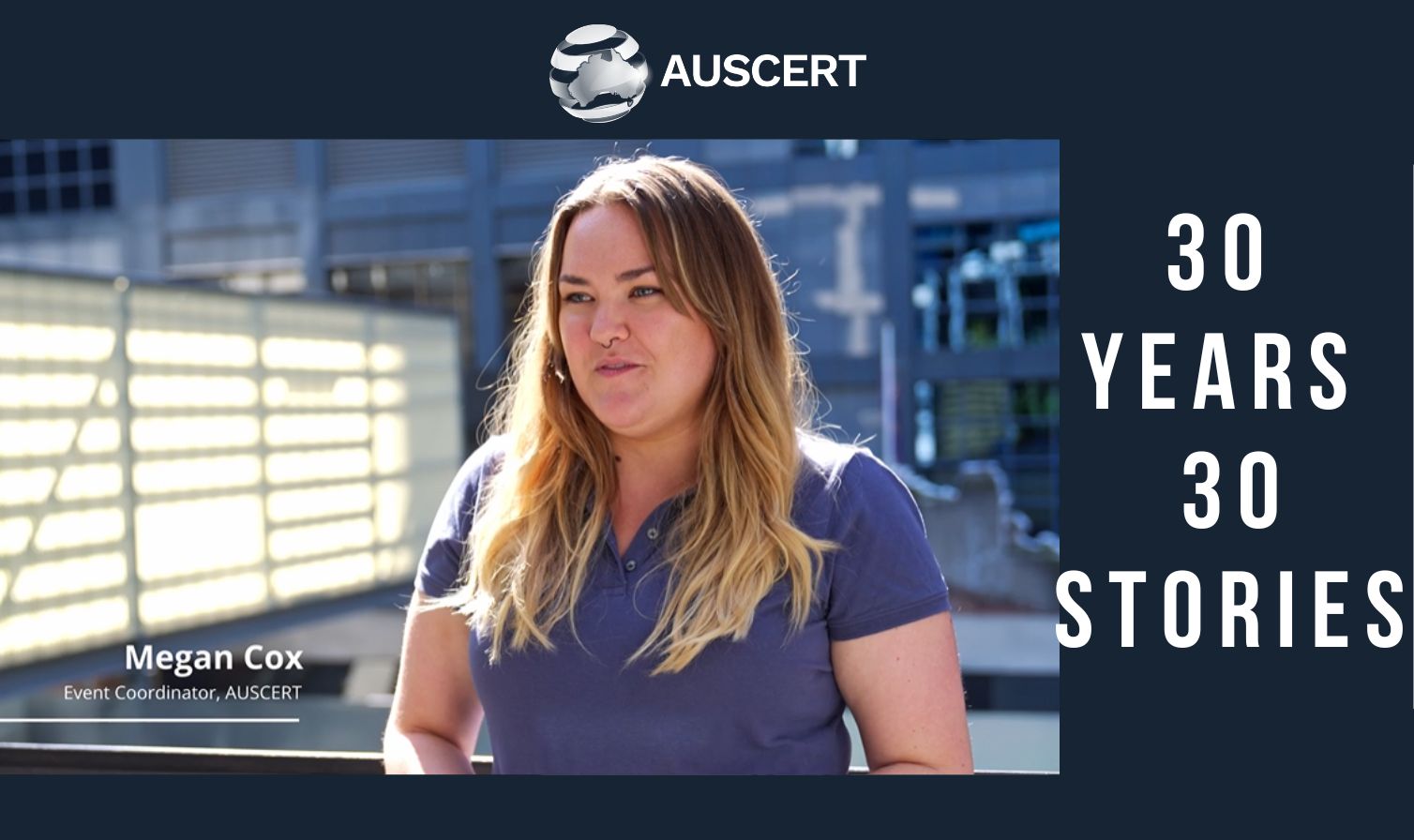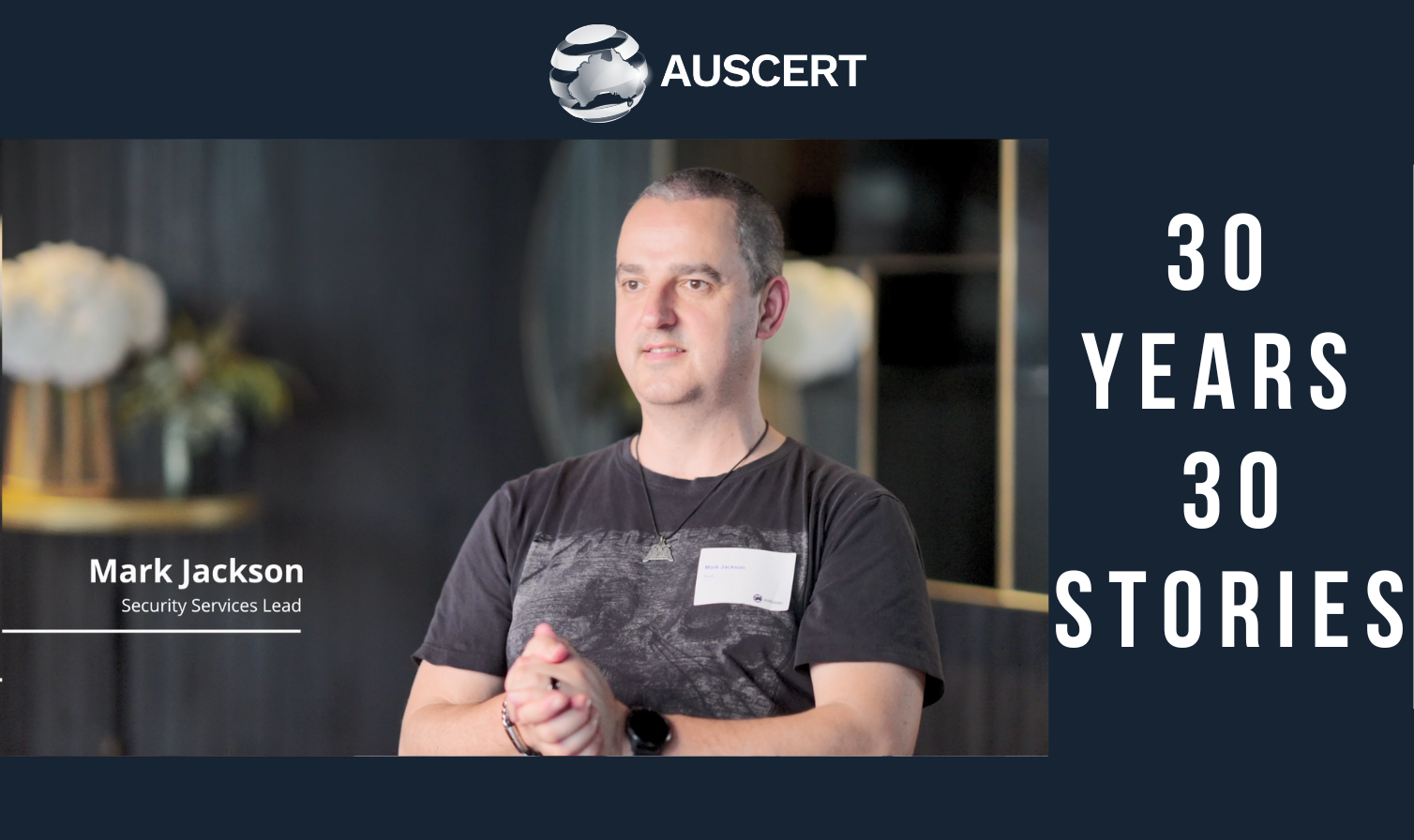//Blogs - 13 Oct 2020
AusCERT2020 Information Security Excellence Winner
Congratulations to Michelle Price for being given the AusCERT2020 “Information Security Excellence” award. During AusCERT2020 we had a chat with her to learn more about her role as CEO at AustCyber, and her vision for the cyber security industry.
Tell us a little about your professional career?
My first job was working in a small business that my family owned, that focused on food safety consulting and training. We also ran international conferences and created a lot of thought-leadership on the topic of food safety. Food safety in the mid-to-late 90s was an emerging issue in Australia; there were no standard practices. In the end, there were three companies (owned by my parents) that focused on risk, and the upside and downside of risk. I worked there for 10 years, starting in marketing and communications roles, and ending up doing food safety audits and strategy.
I then moved into the advertising industry for a short stint, before moving into the federal government, with the majority of my time in National Security. The common thing across all the agencies I worked in at the government was risk and strategy.
What was your role in the Prime Minister’s Department?
When I was working in the Prime Minister’s Department, my first job was to work across all of national security, and I ended up running the National Security Budget and developing the world’s first national security strategic risk framework, and developing a framework of how to prioritise national security issues.
That was under the Gillard government. Then when Prime Minister Abbot came in, I switched roles and moved across from high-level strategy on national security to focus on the cyber security area, and that’s how I ended up penning the 2016 National Cyber Security Strategy.
How did you end up at AustCyber?
After the strategy was launched, I was fortunate enough to have quite a few opportunities. I chose to focus on helping the Australian National University stand up a cyber policy function and to be able to better coordinate the growing area of cyber research across different disciplines. I didn’t stay there for as long as I thought I would, because I then got asked to come to AustCyber, and AustCyber was one of the initiatives in the Cyber Security Strategy that I had worked very hard on, so it was a no-brainer.
Being born into a house of entrepreneurs it felt like a natural extension for me to end up running an organisation that is trail blazing around how to do the business of cyber security, and while we are doing that, is also creating an industry. That is the mission of AustCyber: To create an industry that is globally competitive and has impact for the country.
Congratulations on winning the Information Security Excellent award. What does winning this award mean to you?
Every time I think about it, I still get tingles. Partly because, cyber security is often a closed environment, but that is changing a lot. So, when someone like me turns up and writes a national strategy on something that I don’t have years of experience in, who am I to advocate for, and educate the country on a topic that is not natively my own. To have a community like the AusCERT community that is dominated by traditional security leaders, that is composed of technical practitioners, to have someone like me recognised by them, and by AusCERT, is so special to me.
That’s why in my acceptance speech, I accepted it for the whole industry. We’ve started to mature, to grow up, and have so much to offer, and people outside of our industry have so much to offer as well. We are the enablers of the entire economy. To me this is an example of how our industry is shifting and changing for the better.
If you could give a piece of advice for organisations and security professionals, what would it be?
Understanding other people’s context helps us work together. ‘Collaboration’ is a bit of an overused word, but it’s the right word, if we come together and work together to a common outcome. ‘Outcome’ is also an important word—it’s not just about outputs. If we continue to focus on outputs, we will never win the battle. Output is important, but to be able to achieve outcomes, we have to work together, and to work together, we need to understand contexts.
If we take a few moments in the day to understand who we are working with and what their context is helps us have a more open mind. We spend too much time focusing on the battle with each other, rather than coming together to focus on battling with our adversaries. They’re the ones who are ripping off the economy. They’re the ones who are affecting the physical and emotional lives of Australians. We all want the same outcome, and we can do better at collaborating. I know we can do this. #GAMEON






